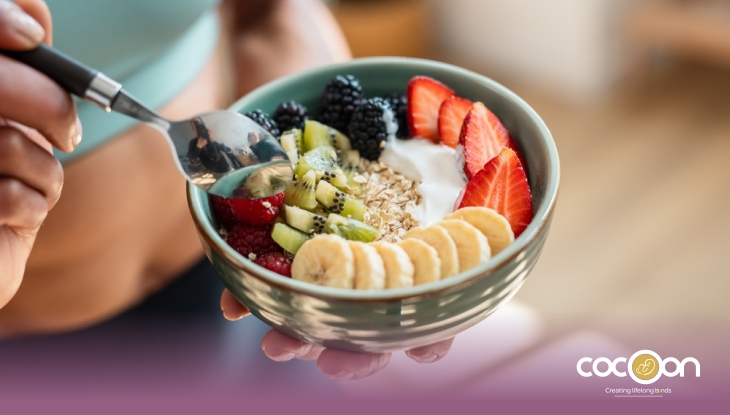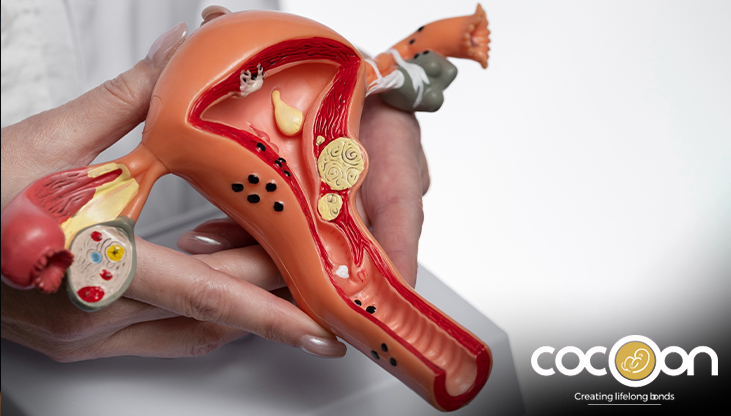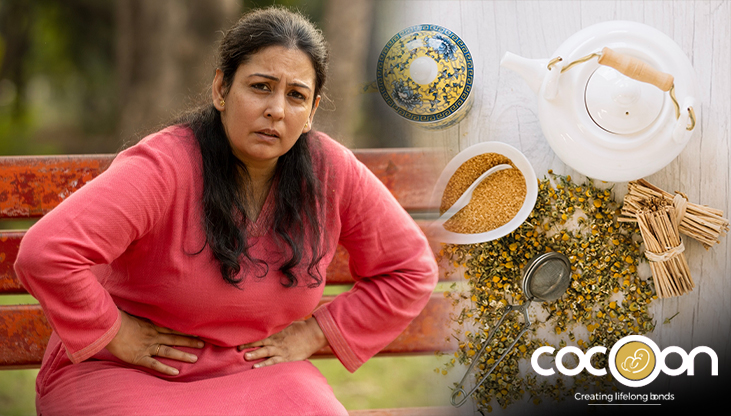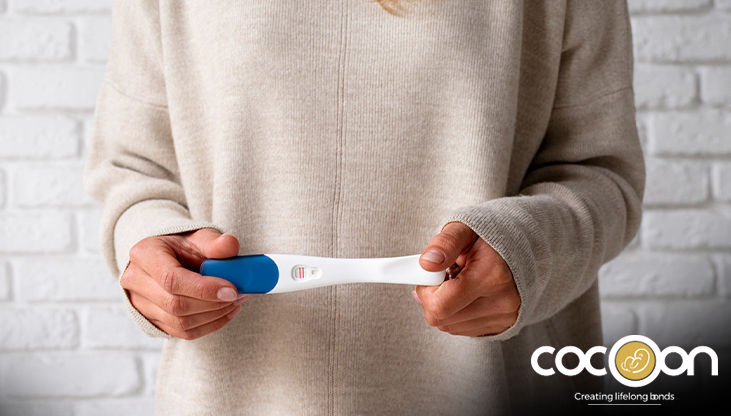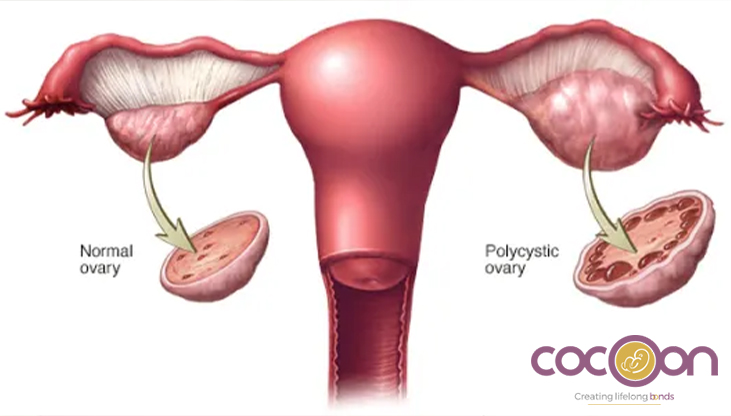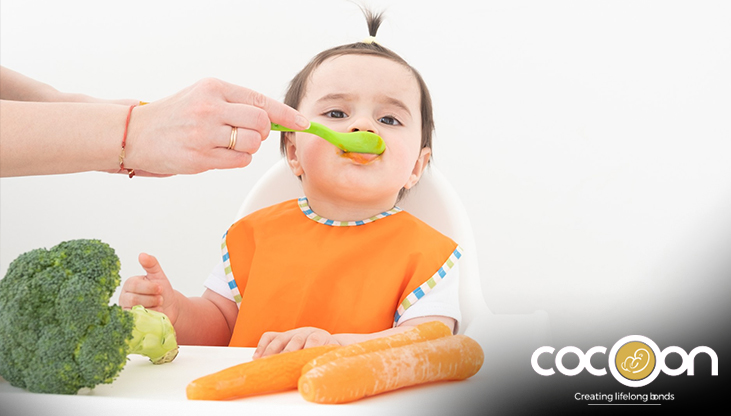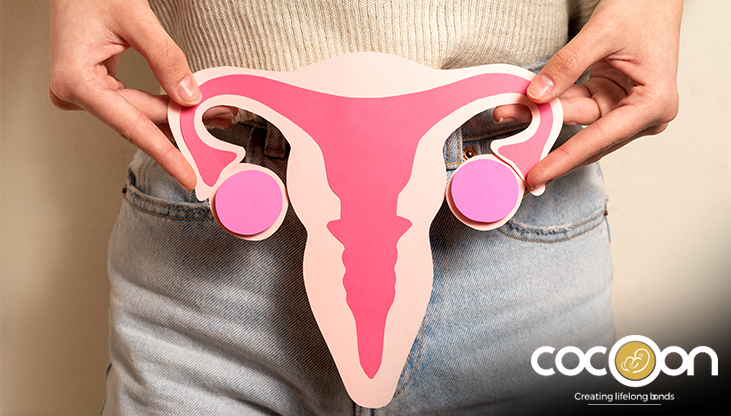If you're pregnant and even the sight of your go-to foods has you gagging, congratulations, you're part of the club—morning sickness, and it's completely normal (but not exactly enjoyable). Whether it's an unexpected wave of nausea during tooth-brushing or needing to dash for the loo after breakfast, pregnancy nausea can leave your entire routine in shambles. Don't worry, though—there are delicious, gentle superfoods that can help! Let's know what to eat (and what to exclude) to soothe your tummy and make your body happy.
What Is Morning Sickness and When Does It Start?
Morning sickness is nausea and occasional vomiting that normally takes place in the first trimester of pregnancy. For most women, it begins at about week 6 of pregnancy and improves by week 12 to 14. It may persist longer or be more severe for others.
Although it's normally a harmless symptom of early pregnancy, it can still disrupt everyday life. But not to worry, it can be handled naturally—beginning with the foods you eat.
Why Does Morning Sickness Occur?
Nobody knows why exactly, but physicians suspect that it is largely caused by the sudden hormonal shifts, particularly in human chorionic gonadotropin (hCG) and estrogen. Both hormones are needed for a healthy pregnancy but can also wreak havoc on your gastrointestinal system.
Other factors like stress, exhaustion, pungent odors, and having an empty stomach may also increase nausea.
Can Food Relieve Morning Sickness?
No kidding! Some foods are famous for their stomach-soothing, nausea-reducing, energy-boosting powers. They're also referred to as superfoods because they not only pack in the nutrients but also offer special benefits, such as soothing your stomach.
Here are 10 superfoods that are safe, readily available, and can help ease pregnancy nausea.
1. Ginger – The Natural Nausea Fighter
Ginger has also been used for thousands of years to treat stomach ailments. It's one of the best natural remedies against nausea.
You can use it in various forms:
- Drink ginger tea.
- Chew ginger candies.
- Include grated ginger in your food or smoothies.
It's easy on the stomach and can be quite soothing when nothing else helps.
2. Bananas – Easy to Digest and Full of Goodness
Bananas are gentle, soft, and non-acidic—ideal for a disturbed stomach. They contain vitamin B6, which is said to alleviate nausea during pregnancy.
They're also fantastic following vomiting as they replenish lost potassium, an important electrolyte your body requires.
3. Crackers or Toast – Simple but Effective
Dry, plain foods such as plain crackers, toast, or dry cereal can soak up stomach acid and calm your tummy.
Many pregnant women noticed that taking a few crackers early in the morning, even before rising from bed, prevents nausea.
4. Applesauce – Gentle and Hydrating
Applesauce is soft, easy on the stomach, and naturally sweet that numerous pregnant women find it calming.
It's also included in the BRAT diet (Banana, Rice, Applesauce, Toast), which is commonly suggested for nausea and stomach discomfort. Its water content also keeps you hydrated.
5. Rice – Comfort Food That Calms the Belly
Plain white rice is bland enough not to make your stomach upset and can make you feel full without being too heavy. If you've been vomiting or eating very little, rice is a gentle way to transition back to solid food.
You can try it with a bit of salt or plain yogurt to enhance taste and comfort.
6. Lemons – Citrus That Cuts Nausea
Many pregnant women swear by the smell or taste of lemon to cut through nausea. Lemons contain citric acid, which can help stimulate digestion and reduce queasiness.
Try sipping on warm lemon water, sucking on a lemon slice, or keeping a lemon-scented handkerchief nearby to sniff when nausea hits.
7. Peppermint – Soothing and Refreshing
Peppermint has a soothing effect on the digestive system. In the form of peppermint tea, candies, or even aromatherapy, it has a soothing effect on stomach discomfort.
Be careful, however—peppermint doesn't seem to help everyone. If it makes your nausea worse, avoid it and find an alternative.
8. Oatmeal – Soothing and Satisfying
A hot bowl of plain oatmeal can be soothing, particularly in the morning. Oats are full of fiber, iron, and B vitamins—all of which are essential for you and your baby.
They are simple to prepare and can be flavored with mashed bananas or applesauce for added flavor and nutrition.
9. Yogurt – Cooling and Gut-Friendly
If you’re able to handle dairy, plain yogurt is a great choice. It provides calcium, protein, and probiotics, all of which support your digestive health.
Just make sure to choose a low-sugar or unsweetened version to avoid upsetting your stomach further.
10. Coconut Water – Nature’s Electrolyte Drink
Dehydration can make nausea worse, and if you’ve been vomiting, it’s even more important to replenish fluids.
Coconut water is a natural, mild beverage that is full of electrolytes such as potassium and magnesium. It is more hydrating than regular water and tends to be easier on a sensitive stomach.
What Foods Should You Avoid if You Have Morning Sickness?
Some foods are helpful, but others are not. Try to stay away from:
- Greasy or fried foods (they're difficult to digest)
- Spicy foods (can irritate your stomach)
- Caffeine-containing drinks (can dry you out)
- Strong odors like garlic or onion
- Empty stomach – have small, frequent meals instead
Each body responds in a unique way, so watch out for your triggers.
What Are Some Other Tips to Manage Morning Sickness Naturally?
Apart from eating the proper foods, here are some additional habits that could help you feel better:
- Consume small amounts of food regularly during the day, rather than large meals.
- Don't lie down shortly after eating.
- Drink water or coconut water slowly to stay hydrated.
- Have snacks available by the bed and consume them before rising.
- Wear loose and comfortable clothes to prevent putting pressure on your abdomen.
- Get some fresh air—occasionally a short walk or open window can help.
Conclusion
If you’re feeling overwhelmed by constant nausea, remember—you’re not alone. Morning sickness is one of the most common early signs of pregnancy, and while it’s uncomfortable, it usually passes within the first trimester.
Including nutrient-dense, nausea-calming foods in your diet can be a huge help. Whether it's a comforting bowl of oatmeal, a glass of lemon water, or a banana on the run—these superfoods are easy on your stomach and nourishing for your developing baby.
And above all—be gentle with yourself. Rest when you must, eat what feels comfortable, and don't be afraid to ask your doctor for guidance.































